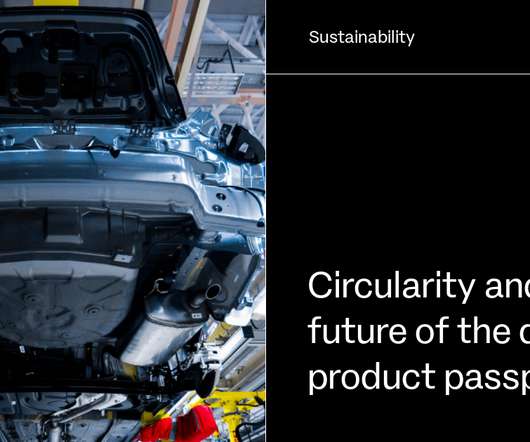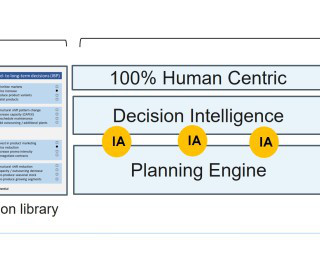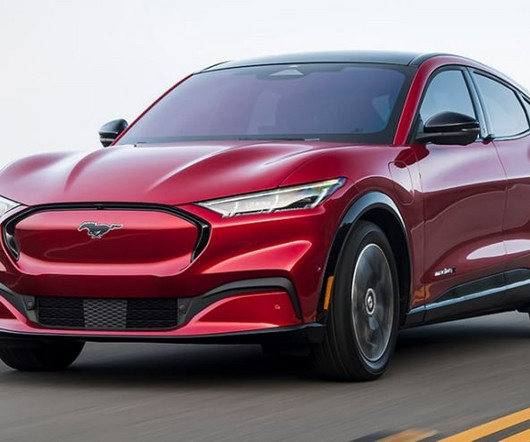Circularity and the future of the digital product passport
o9 Solutions
JANUARY 25, 2023
This blog explores how policy developments such as the digital product passport (DPP) alongside supply chain software can play a role as enablers. The DPP is a promising policy instrument, but there are still open questions regarding the DPP’s final design and implementation. What is the digital product passport (DPP)?
















Let's personalize your content